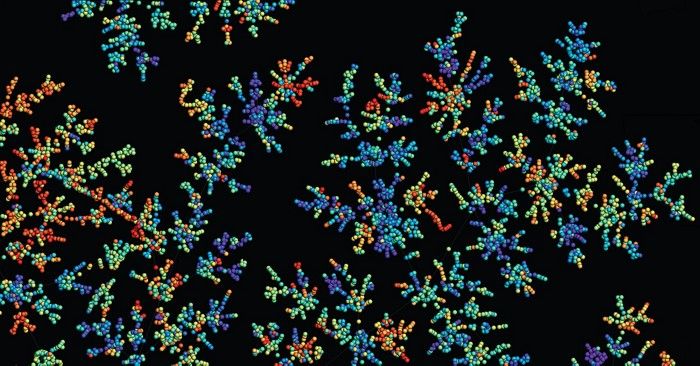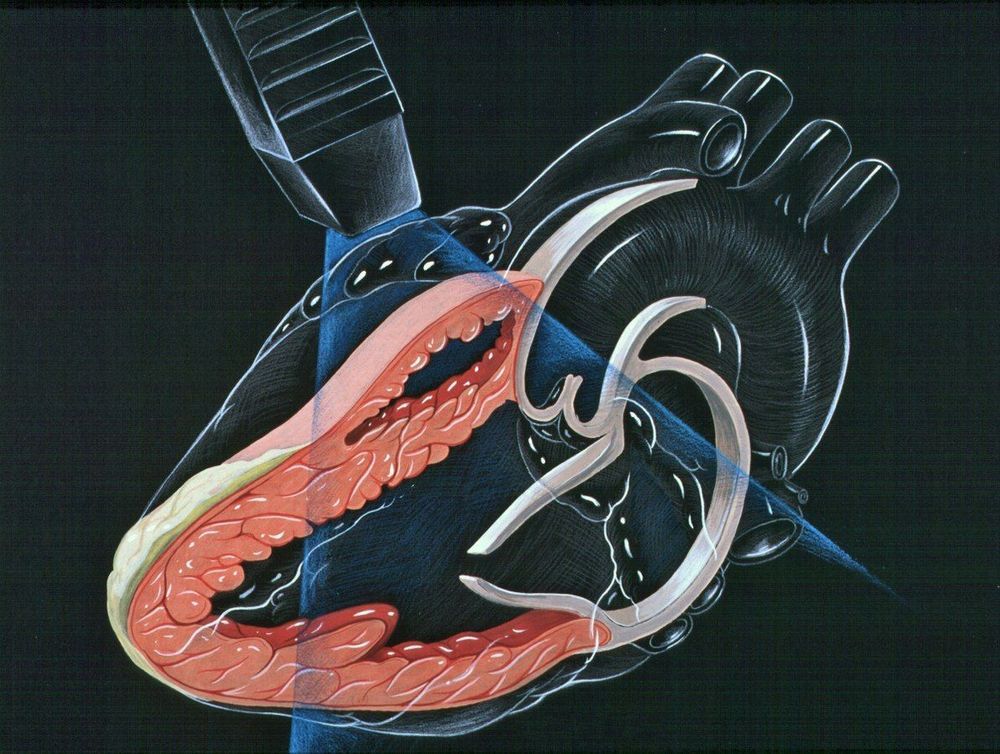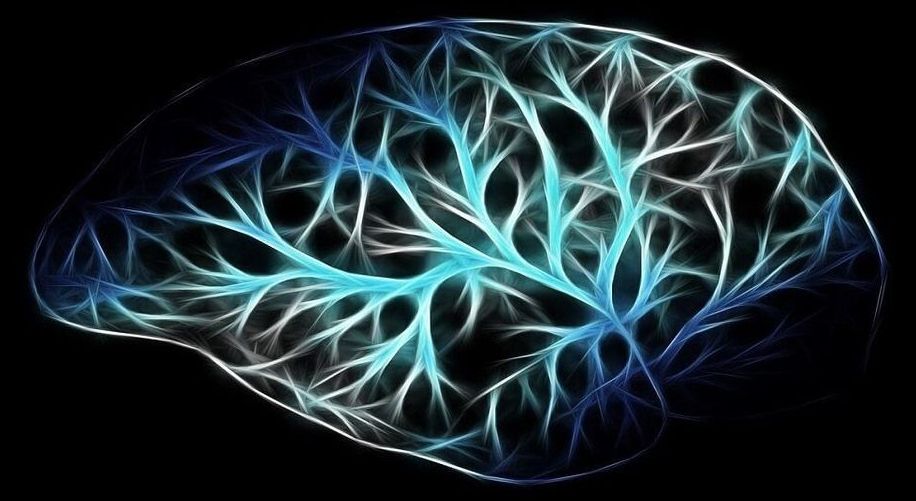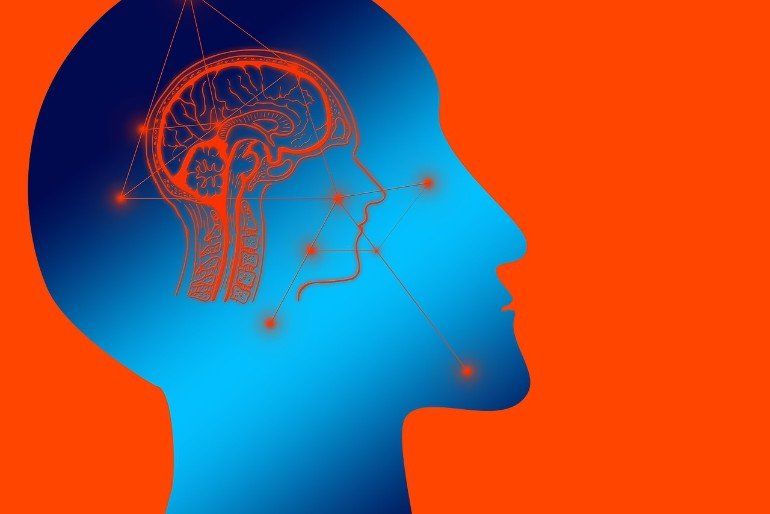Is Tesla about to revolutionize the way we travel once more? Will it keep its promises? Or will regulators prove a massive oil slick to progress? A giant network of autonomous cars, that will drive at a very low cost and much safer than any human ever could. Everything we know about Tesla RoboTaxi Service.
0:00 Robotaxi information
3:09 preview of tesla ride sharing app functionality
4:49 Q2 2020 Earning Call — elon talks about driving the FSD tech himself
5:51 Elon Musk talks about Level 5 Autonomy and when Elon Musk hopes will reach full Level 5 Autonomy.
#fullselfdriving #elonmusk #robotaxi
Tesla has potentional to make uber obsolete. a full FSD upgrade will make Tesla Taxis will make billions. We cover everything we know about tesla ride sharing service so far and how tesla will command the robotaxi market. watch elon musk unveil plans for a ride-hailing service.







